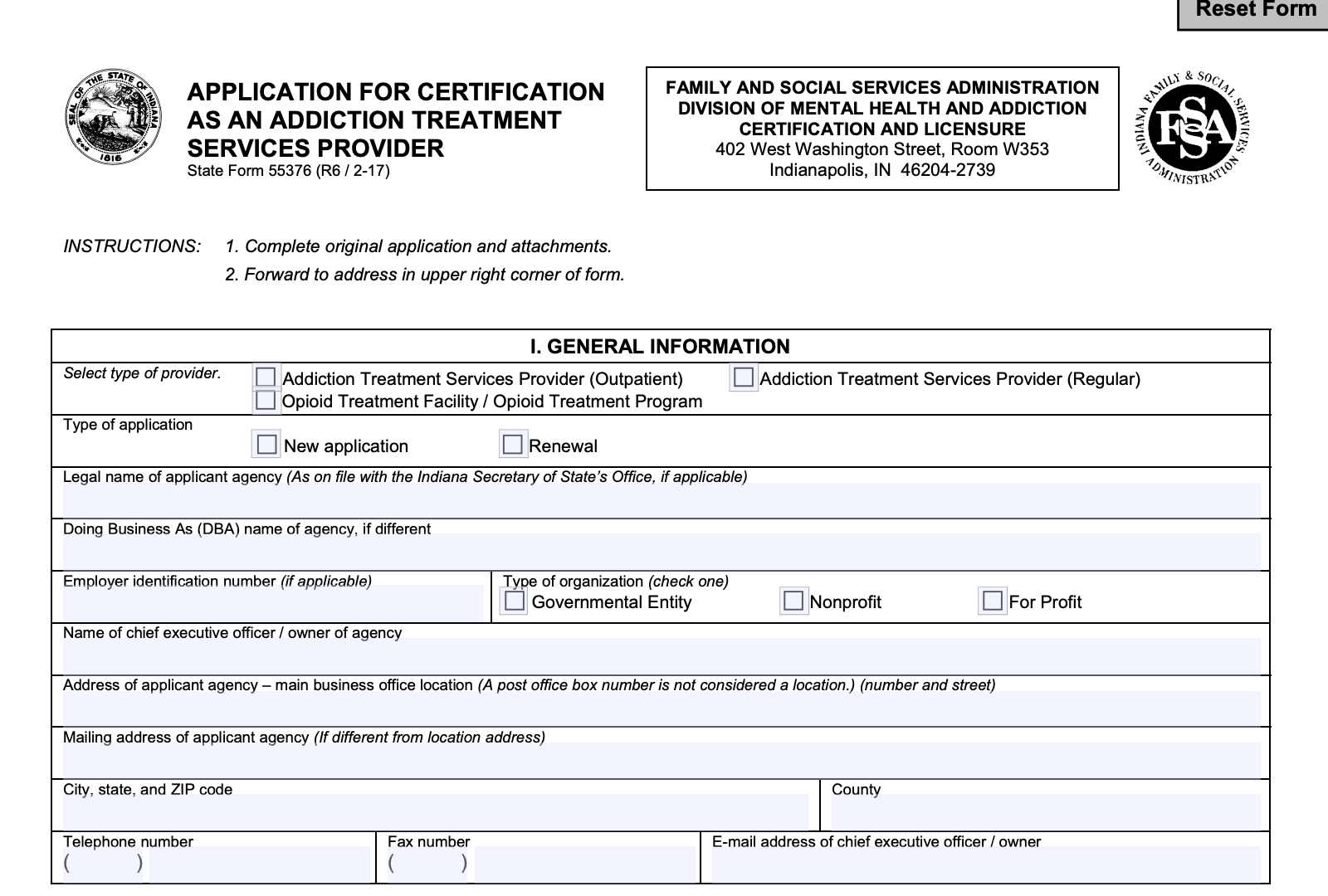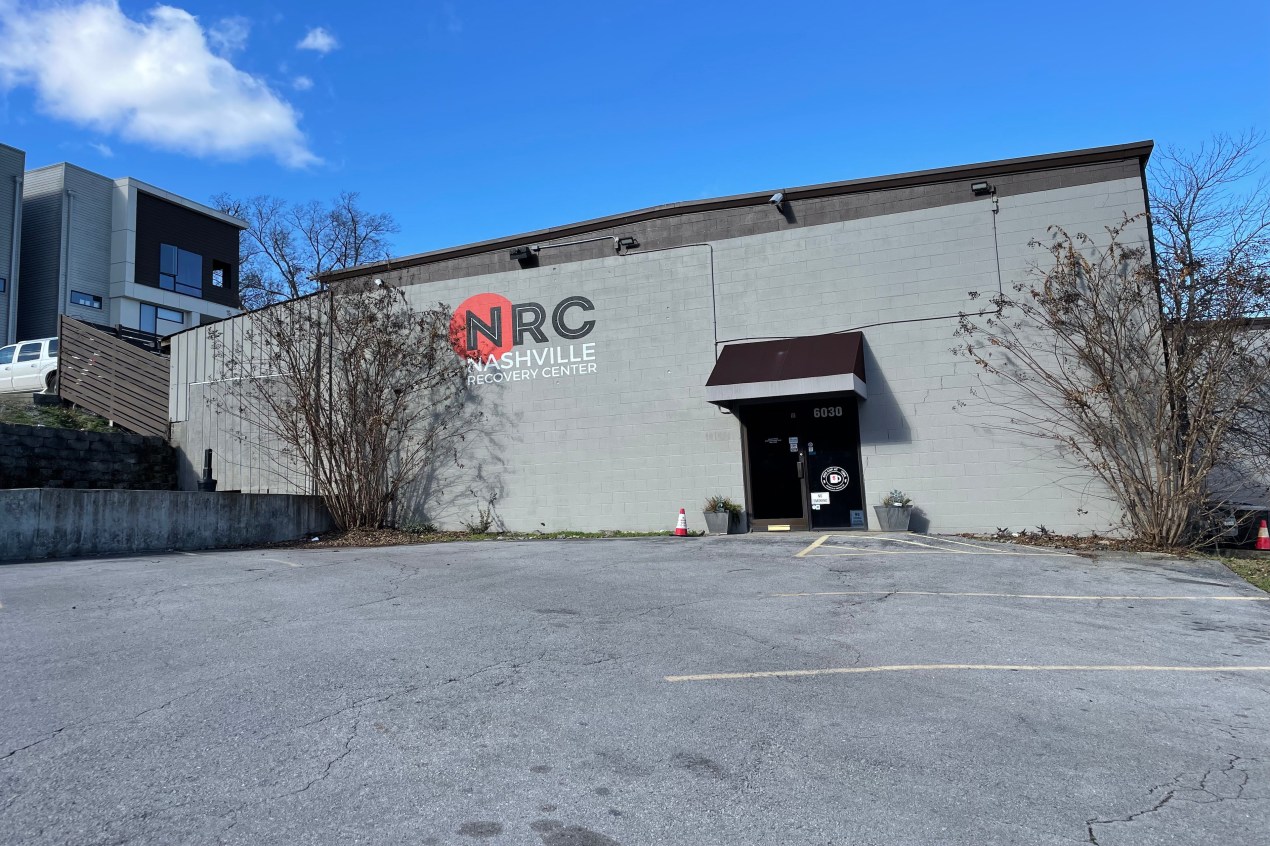Navigating the Trip of Detoxing in the Comprehensive Dependency Treatment Program
Starting the course of cleansing within the structure of a thorough addiction treatment program is a pivotal stage in the trip towards recuperation. The process of detoxification holds a considerable function in breaking the physical dependancy on compounds and preparing the person for the succeeding phases of therapy. Navigating with detoxification is not merely a matter of physical cleansing; it entails an intricate interaction of emotional, emotional, and social aspects that call for careful consideration and assistance. As individuals grapple with the difficulties of withdrawal signs and the uncertainties that exist in advance, having a structured strategy and a durable assistance system in area becomes critical. In this conversation, we will certainly discover the complex facets of detoxing within the detailed addiction therapy program and shed light on the crucial parts that shape this transformative trip in the direction of recuperation.
Value of Detoxing in Recovery

Cleansing sets the structure for the remainder of the addiction treatment program by preparing the individual for more therapy and counseling. By cleaning the body important that have actually been clouding judgment and impacting habits, detox allows patients to approach their recovery with a clearer mind and more powerful focus.
Furthermore, detoxing assists in managing the possibly extreme withdrawal signs that may occur when drug or alcohol use is quit. Physician closely check clients during detoxification to guarantee their safety and give essential support. Via this procedure, individuals can start their journey in the direction of soberness with a stabilized mental and physical state, enhancing the probability of a successful recovery.
Recognizing the Detox Process
Detoxification, an essential part of dependency treatment programs, involves a structured process targeted at securely getting rid of harmful substances from the body to promote an effective recuperation journey. The detox procedure normally starts with an examination to assess the person's material use background, physical health, and mental wellness. This evaluation helps medical care experts establish one of the most proper detox plan customized to the individual's requirements.
Throughout detox, the body undergoes withdrawal as it changes to the absence of the compound. Withdrawal signs and symptoms differ depending on the kind of compound utilized, the period of usage, and private variables. Clinical supervision during detoxification is important to manage withdrawal signs and guarantee the person's safety and security and comfort.

Handling Withdrawal Signs And Symptoms

Drugs might be utilized to ease specific withdrawal symptoms and minimize pain. Medications like methadone or buprenorphine can aid manage opioid withdrawal signs and symptoms, while benzodiazepines might be made use of for alcohol withdrawal. It is essential for medical care providers to meticulously keep track of the person's action to these medicines to guarantee their safety and security and effectiveness.
Along with pharmacological interventions, helpful treatments such as therapy, peer support system, and holistic methods like mindfulness reflection or yoga can aid people handle the emotional and psychological difficulties of withdrawal. By resolving withdrawal signs and symptoms adequately, healthcare suppliers can boost the detoxing experience and assistance people on their trip to healing.

Support Systems During Detoxification
Assistance systems play a crucial function in offering emotional and social assistance to people undertaking cleansing in addiction treatment programs. Throughout the detox procedure, people typically experience a series of psychological and physical withdrawal signs and symptoms, making this phase difficult - Addiction Treatment Center. Having a strong support system in place can dramatically affect the individual's capacity to navigate with detox effectively
Member of the family, pals, support system, and health care experts are crucial elements of the support group. Household members and friends can supply support, understanding, and a feeling of belonging throughout this tough time. Support groups give a platform for people to link with others who are undergoing similar experiences, supplying a feeling of neighborhood and shared understanding. Medical care specialists, including therapists, doctors, and counselors, play a vital function in checking the person's progression, supplying clinical assistance, and using support throughout the detox process.
Looking Ahead: Life After Detox
Having actually successfully completed the cleansing stage, individuals in pop over to these guys dependency therapy programs now concentrate on preparing for the challenges and opportunities that lie ahead in their journey towards recovery. Life after detox marks a critical shift period where individuals should proceed to improve the progression made throughout detox to preserve their sobriety. It is essential for individuals to identify that the journey in the direction of healing is recurring and calls for devotion, commitment, and a desire to welcome change.
One key facet of life after detox is the advancement of coping systems to handle triggers and cravings that may develop. This may entail learning new skills, such as mindfulness techniques, cognitive-behavioral methods, and stress and anxiety management methods, to browse tough scenarios without resorting to material use. Furthermore, people are encouraged to proactively take part in continuous therapy, support system, and aftercare programs to enhance their assistance network and receive guidance as they discover this info here browse the complexities of life post-detox.
Conclusion
Understanding the detoxification procedure and managing withdrawal signs and symptoms are necessary actions in the direction of recuperation. It is crucial to acknowledge the importance of detoxification in the procedure of getting over dependency and moving in the direction of a life of sobriety.
Clinical supervision throughout detox is vital to manage withdrawal signs and guarantee the person's safety and comfort.
By recognizing the detox procedure and its value in breaking the cycle of dependency, individuals can embark on a course towards lasting recuperation.
Throughout the detox process, individuals commonly experience a variety of physical and emotional withdrawal symptoms, making this phase tough. Medical care experts, including doctors, therapists, and therapists, play an essential role in checking the person's development, offering medical support, and using advice throughout the detoxification procedure.
Life after detoxification notes an important change duration where people have to continue to construct on the progress made during detoxification to maintain their sobriety.